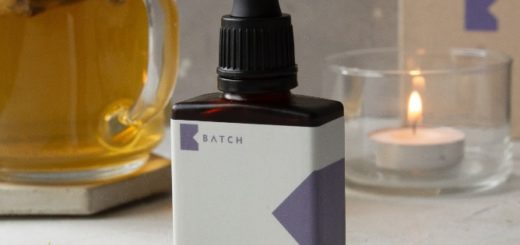Hydrocortisone Cream – the Ins and Outs
Our skin is the body’s largest organ and if it has a fault it is that it suffers terribly from our surroundings, becoming sunburned when it is hot, suffering frostbite in the cold, and generally reacting to the world around us, even as it keeps our organs on the inside and nicely protected and in their right places!
But sometimes things go wrong, and skin conditions like eczema can flare up, causing large reddened scaly, dry and itchy patches that just ache to be scratched raw if not treated promptly. Hydrocortisone cream is the perfect solution for eczema, introducing and keeping in a modest amount of hydration, even as it soothes and reduces the body’s over-reaction to triggers that has caused the problem in the first place.

Eczema can be genetic, with families passing a tendency for sensitive dry skin along through the generations, and it can be a response to the surroundings: allergens such as pet hair and dander, dust, certain fabrics, detergents and perfumes, and even some foods can cause break-outs.
The best treatment for eczema is the topical application of a good quality, allergen free moisturising cream – but can this be used in conjunction with hydrocortisone cream? Will the two products work together to create a super-moisturiser that soothes and eases the symptoms of eczema even better than each one alone? Or, will the use of the two products interfere with the workings of one or the other, leaving you and your poor itchy sore skin worse off than before?
The latter is the correct answer sadly. The hydrocortisone cream must be given enough time to soak through the skin, working its magic, without any interference from any other product, even one that seems to have the same effect.
This is because both types of cream form a very light barrier on the skin, designed to retain the moisture levels in the skin – this is called the hydration barrier, and in eczema sufferers it tends to be quite weak, allowing moisture to escape readily. Hydrocortisone, as well as damping the itchy painful redness that is a sign of the body over-reacting to stimulus, briefly strengthens that barrier, keeping moisture in – and other creams and moisturisers out!
Moisturisers are similar, except without the medicated effect, and not only will your moisturiser actively block the absorption of the hydrocortisone, it can sit on top of the eczema making them itch and prickle worse than ever – not a desirable outcome at all!
This is not to say that you cannot use a moisturising product while you are using hydrocortisone – you must simply use them at separate times. Hydrocortisone needs anywhere from fifteen minutes to half an hour to soak in and work effectively, so you can perhaps vary your routine, applying moisturiser first thing in the morning and when you get home from work, and using your hydrocortisone cream last thing at night and sometime in the middle of the morning. In this way, your skin will get all the benefits of both products without any counteractions taking place between the two.

